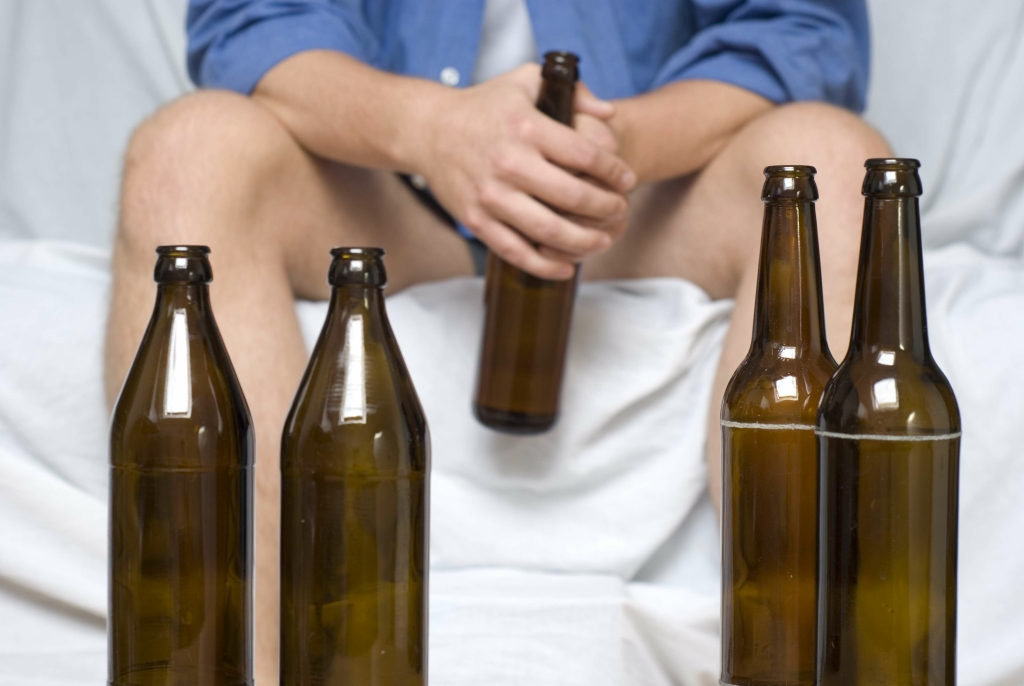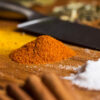Differential associations of CV risk with certain beverage types such as wine instead have been attributable to other lifestyle factors (e.g., increased physical activity) or drinking with meals (Malarcher et al. 2001). It stimulates the sympathetic nervous system, increases the production of stress hormones like cortisol, and causes blood vessel constriction. Long-term, heavy drinking can damage blood vessels, weaken heart muscles, and cause inflammation—all factors that contribute to sustained hypertension. Alcohol consumption impacts blood pressure in various ways depending on the amount and pattern of drinking.

Roth 2013 published data only
Conversely, individuals with unhealthy lifestyle habits may experience more pronounced elevations in blood pressure due to alcohol consumption. Your blood pressure will more likely be affected by alcohol, whether heavy or binge drinking if you drink excessively. Heavy drinking is defined as more than one drink a day for women or more than two drinks a day for men. Binge drinking is more than four drinks in two hours for women or more than five in two hours for men. Heavy drinking can lead to chronic, persistent elevations in blood pressure, while binge drinking can lead to unhealthy extremes.
- Moderation is key, and if you have concerns about your blood pressure or alcohol consumption, it’s important to seek professional guidance.
- Beyond narrowing your arteries, alcohol can also directly affect your heart muscle.
- Consuming alcohol can increase the risk of high blood pressure and other metabolic conditions in several ways.
- We included adult (≥ 18) participants of both sexes without any restriction on their health condition.
Increased intracellular calcium and vascular reactivity in alcohol-induced hypertension

With a boom in silicon technology, modern-day monitors are very accurate and provide you with clinically valid data. This approach is especially beneficial as it addresses the root causes of high blood pressure and promotes overall health without the potential side effects of medication. Lowering blood pressure is a critical health goal for many because a significant amount of damage might have already been inflicted by the time medications start.
In Cheyne 2004, participants were blinded to the content of the drink, but some reported that they were able to detect the alcohol by taste at the end of the study. Even though these studies reported that participants were randomised to receive alcohol or placebo, the method of randomisation was not mentioned. Although three studies did not report the method of randomisation (Barden 2013; Buckman 2015; Dai 2002), their reported baseline characteristics were well matched. The remaining seven studies reported the method of randomisation used, hence we classified them as having low risk of bias. It is important to note that information regarding to the method of randomisation used in Foppa 2002 and Rosito 1999 was marijuana addiction provided by the study author via email.
What are the recommendations for alcohol consumption for blood pressure management?
The interaction between genetics and alcohol’s impact on blood pressure is complex and not fully understood. Additionally, a study by Mariann R. Piano, Ph.D., published in Alcohol Research, observed that heightened blood pressure in chronic drinkers is one of the early warning signs of impending cardiovascular disease. The study also noted that alcohol consistently elevates heart rate within 24 hours of consumption. The National Institute on Alcohol Abuse and Alcoholism (NIAAA) categorizes alcohol consumption into three categories, and the type of consumption can indeed have an impact on blood pressure. This statement highlights both the immediate and cumulative effects of alcohol on blood pressure. The study revealed a linear increase in systolic blood pressure irrespective of gender, while diastolic pressure depended on sex and geography.
Recognizing the Warning Signs of Problematic Drinking
Alcohol consumption can significantly impact blood pressure, leading to various health risks. In the short term, having more than three drinks in one sitting can cause a temporary spike in blood pressure. This immediate effect occurs because alcohol stimulates the nervous system and narrows blood vessels, making the heart work harder.
Cutting back on alcohol can lower the top number (systolic pressure) by approximately 5.5 millimeters of mercury (mm Hg) and the bottom number (diastolic pressure) by about 4 mm Hg. They can sustain high blood pressure, weaken the heart muscle leading to conditions like alcoholic cardiomyopathy, and damage blood vessels. These effects amplify the risk of cardiovascular events, including strokes and heart attacks.
PREVENTION AND TREATMENT OF ALCOHOL-INDUCED HYPERTENSION
- After ≥ 13 hours of consumption, SBP and DBP were raised; the certainty of evidence was low and medium, respectively.
- For instance, alcohol can affect cortisol and vasopressin levels, baroreceptor sensitivity, and RAAS, all of which can result in high blood pressure.
- You can also evaluate if you are drinking heavily, defined as more than seven drinks a week for women or more than 14 drinks a week for men.
- “Some of the new diabetes medications have a diuretic effect, and that could cause dehydration” in people with diabetes, Vaishnava says.
It’s crucial to be aware of potential interactions and consult with a healthcare provider or pharmacist when combining alcohol with other substances. †These recommendations address high blood pressure as a single health condition. If you also have heart disease, diabetes, chronic kidney disease or certain other conditions, how does alcohol impact blood pressure you may need to treat your blood pressure more aggressively. To lessen the health risks, NHS guidelines recommend drinking no more than 14 units of alcohol a week. But, while risk factors for high blood pressure like eating too much salt, physical inactivity and obesity are well-known, the risk that comes from drinking too much alcohol is often overlooked.
“As you grow older, health problems or prescribed medicines may require that you drink less alcohol or avoid it completely,” the Institute says. Studies have shown that a good percentage of people who drink alcohol also smoke, which can raise blood pressure as well. We took several steps to minimise the risk of selection bias to identify eligible studies for inclusion in the review. We also checked the lists of references in the included studies and articles that cited the included studies in Google Scholar to identify relevant articles. Furthermore, we contacted authors of included studies to obtain all relevant data when information was insufficient or missing. Methodological differences between studies might have affected measurement of the reported outcomes.
For healthy adults, that means up to one drink a day for women and up to two drinks a day for men. Some people believe drinking alcohol in moderation, particularly red wine, is beneficial for your blood pressure. While there are some possible benefits to some of the components of red wine, the same benefits can be obtained using grape juice. The alcohol wine contains is probably not beneficial, and you shouldn’t begin drinking to improve your health. Cortisol is a hormone that plays a role in many bodily functions, including blood pressure regulation. Alcohol stimulates the release of cortisol, causing blood vessels to constrict.
Assessment of risk of bias in included studies
Over time, repeated episodes of elevated blood pressure from alcohol use can contribute to long-term hypertension and increase the risk of serious heart problems. Studies have shown that a reduction in alcohol intake is effective in lowering the blood pressure both in hypertensives and normotensives and may help to prevent the development of hypertension12,41,95,96. Heavy drinkers who cut back to https://teleanjar.co.id/15-examples-of-heartfelt-farewell-emails-to/ moderate drinking can lower their systolic blood pressure by 2 to 4 mm of mercury (mm Hg) and their diastolic blood pressure by 1 to 2 mmHg. Heavy drinkers who want to lower blood pressure should slowly reduce how much they drink over one to two weeks. However, moderation is key when it comes to alcohol consumption and blood pressure management.


Add comment